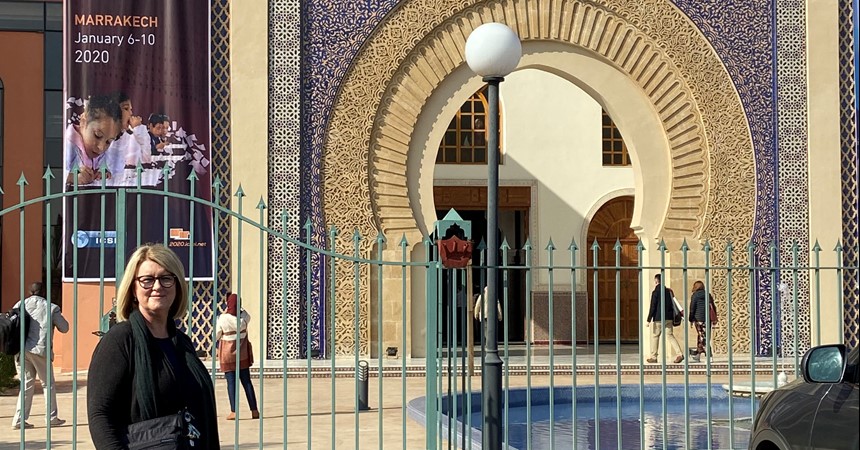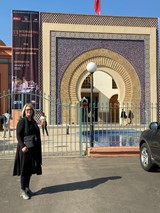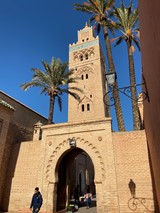Earlier this year the 33rd ISCEA conference was held for the first time on the African continent. I was fortunate to be one of more than 1000 educators from 30 countries who gathered in Marrakech, Morocco with the aim of critically engaging in new and innovative ideas designed to improve quality and equity in education.
Any system that learns and grows, can flex in response to ways to support learners’ wellbeing, educational agency and outcomes. Across the globe, young people and those who teach them, are coming together to express views and call us to action. As guardians of our world in the future, we need to listen.
Obtaining quality education is the foundation of creating sustainable development. In addition to improving life, access to inclusive education can help equip young people with the tools required to develop innovative solutions to the world’s greatest problems.
What then should be our focus? What is the global reality? The many research-based ICSEA presentations scrutinised the issues that impede the delivery of a quality education. The lack of adequately trained teachers, poor conditions for schools and equity issues related to opportunities provided to rural students, culturally diverse groupings, impoverished families and women and girls were a common thread.
It is estimated 800 million of the world’s adults and 300 million children can’t read and two-thirds of these are women and girls. In the next 15 years the world will need about 69,000,000 teachers and yet only 7 per cent of teacher education programs cover education for sustainable goals.
Learning to read requires explicit teaching and it is these instructional factors that are often underestimated. The research indicates that many problems can been solved and prevented before children start school, especially if adults read to children and particularly from birth to three years. Establishing the knowledge gap is another issue. We know a lot but we don’t always do what works. Skills that prevent poor reading can be taught and they must be taught early in schools. Investment in human capital is key. It takes a village, but we don’t always use it.
The future of teaching will also change considerably and we need to train teachers differently. When they become teachers we must ensure we develop them and create deeply collaborative and inclusive cultures where they are valued, taking collective responsibility for each other’s equity. The culture at the top has to accommodate the culture below. We also need to reduce the administrative burden and create professional lives where students are at the core, not overly regulated expectation.
Nations will experience the loss and creation of jobs in different ways based on their current economies. Can educators reclaim a language of schools promoting economic security? What kinds of vocational education and contemporary skills are required for continuous job retraining and lifelong learning? The importance of work in an uncertain age poses big questions for education. Maybe a fourth pillar is needed, primary, secondary, tertiary and beyond. What might beyond be?
Last, and most importantly, schools need to be powerful places of belonging. All students should see themselves represented. Places where they go, belong and contribute and feel like their say is heard. Do we have the leaders we need? Are we supporting our teachers to create places of belonging? We have seen the impact of exclusion and a sense of not belonging on individuals and society, yet we don’t recognise the source and how palpably schools, as part of a community, can activate the agency of staff and students.
The global village that is ICSEI and its many contributors to solutions-based thinking will continue to work towards creating opportunities to think and educate globally. The symbiosis of solidarity and solidity.
The 2021 ICSEI will be held in our own backyard — Auckland New Zealand. Let’s hope the solutions-focused thinking from the global south, can continue to contribute to solutions for the betterment of our children’s future.





